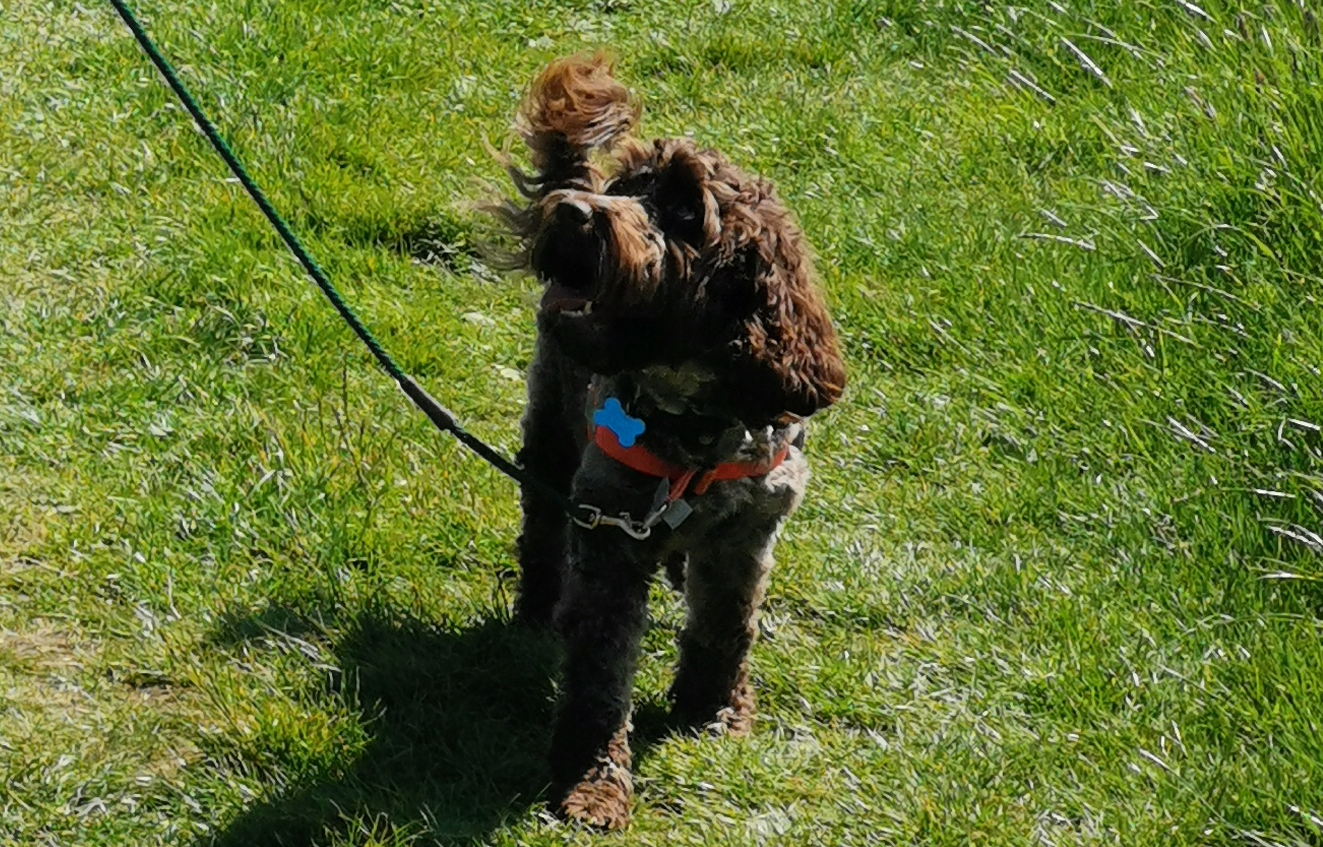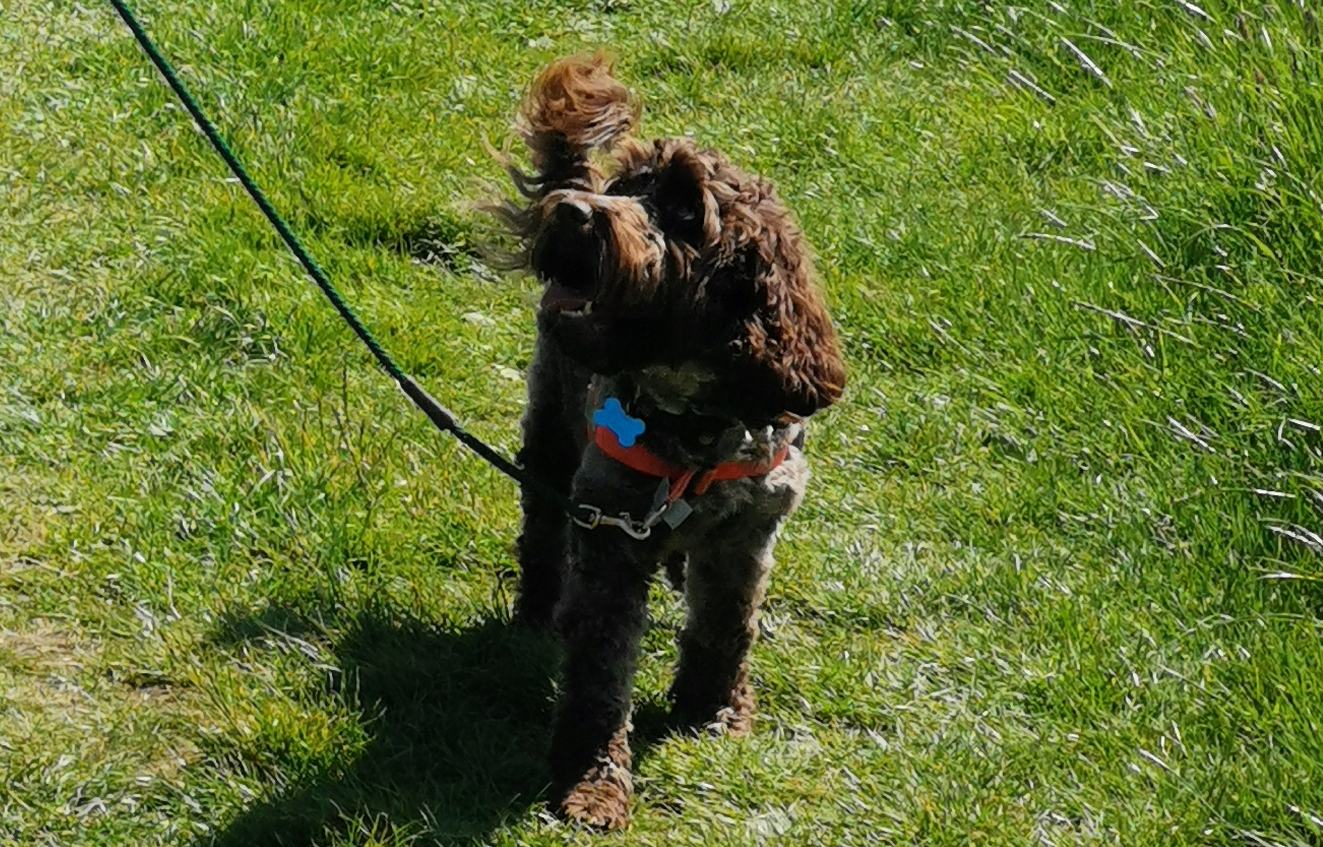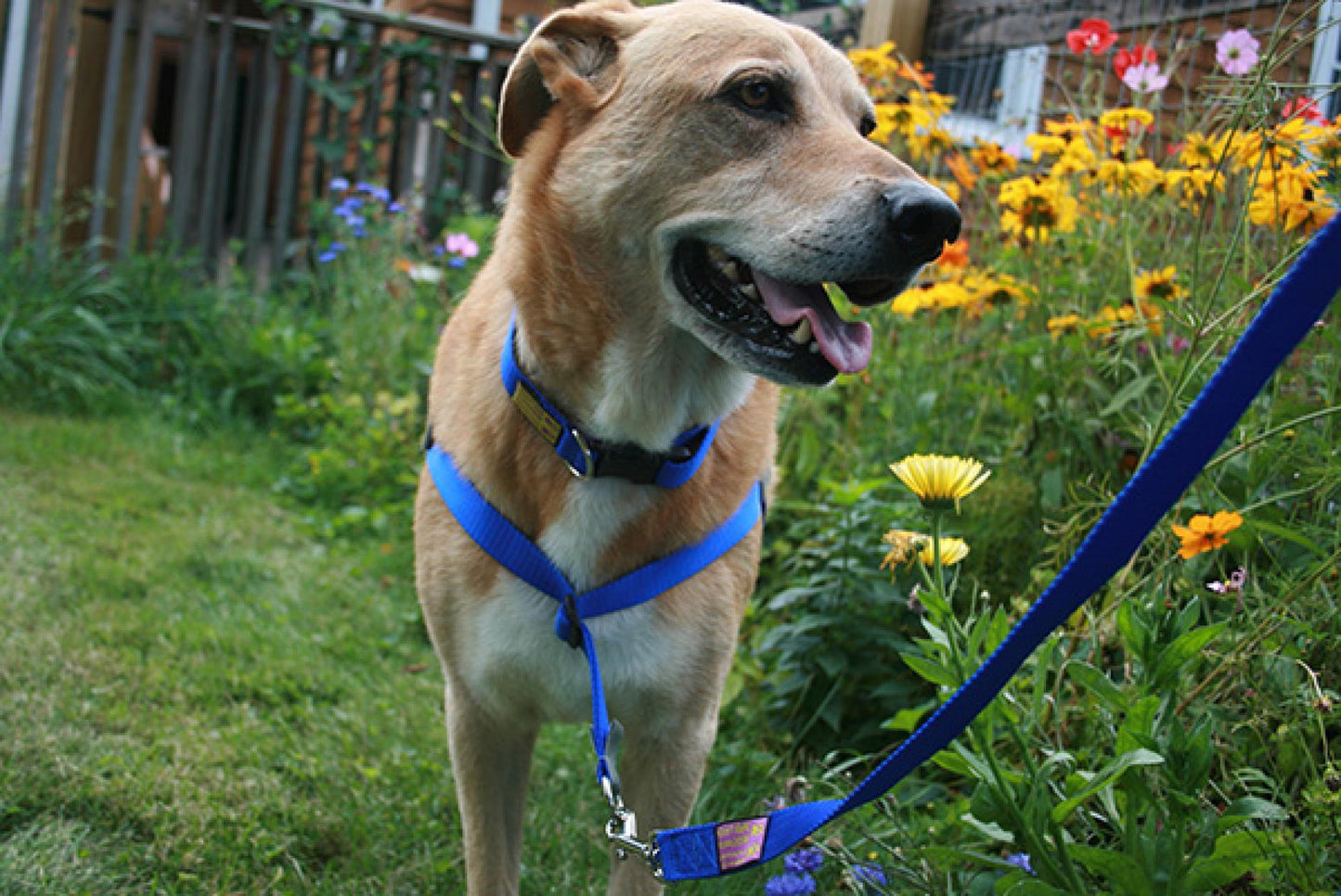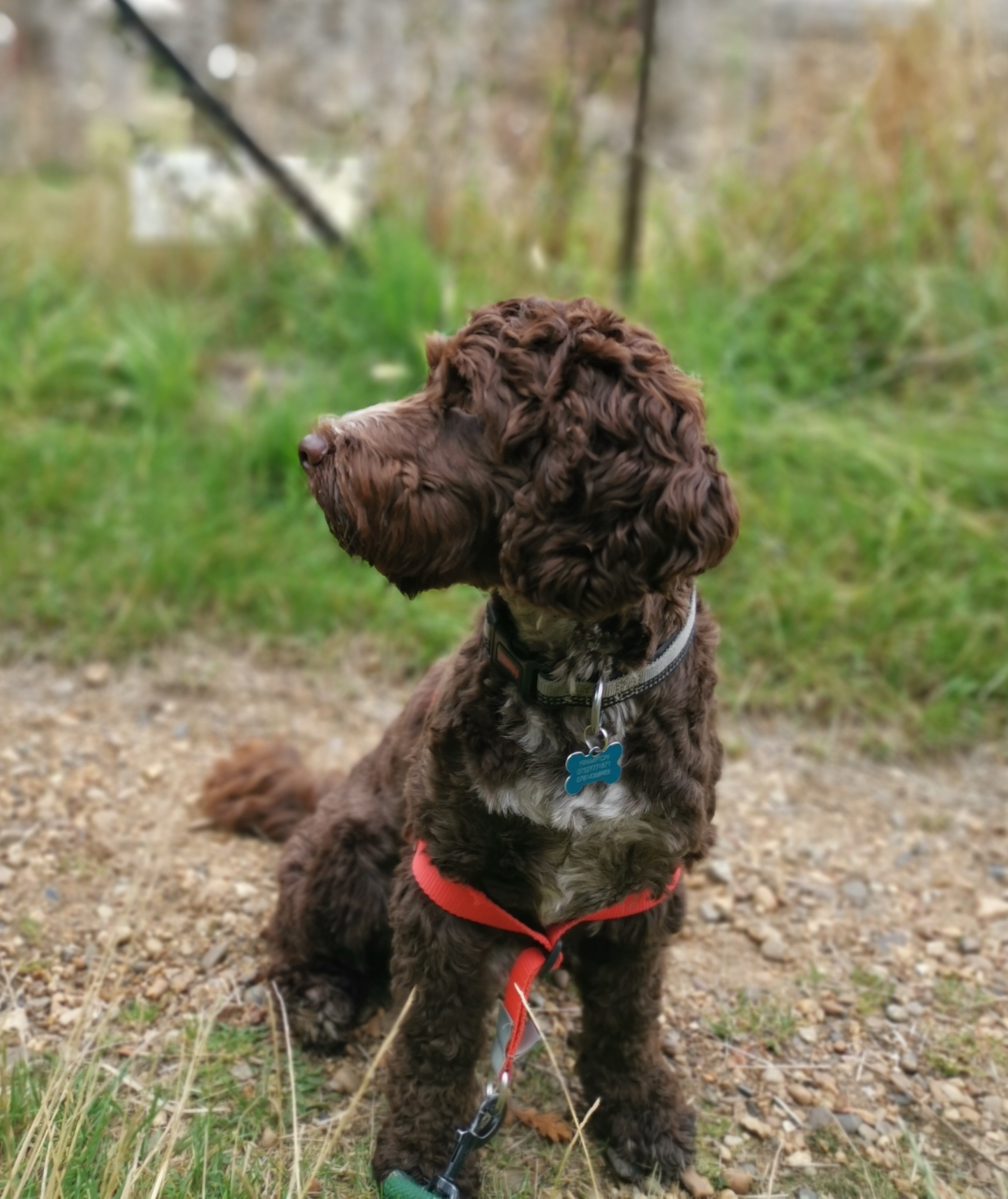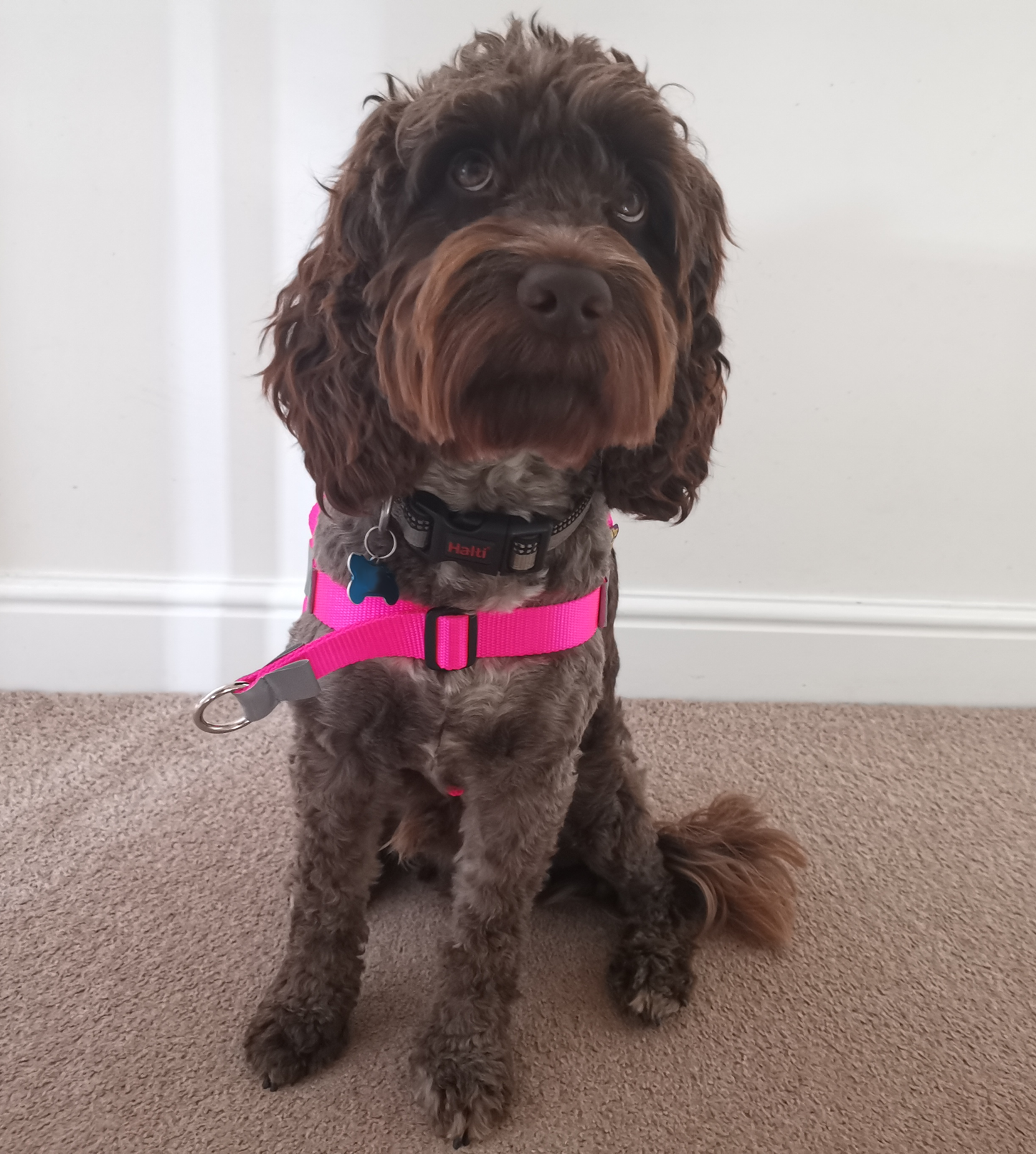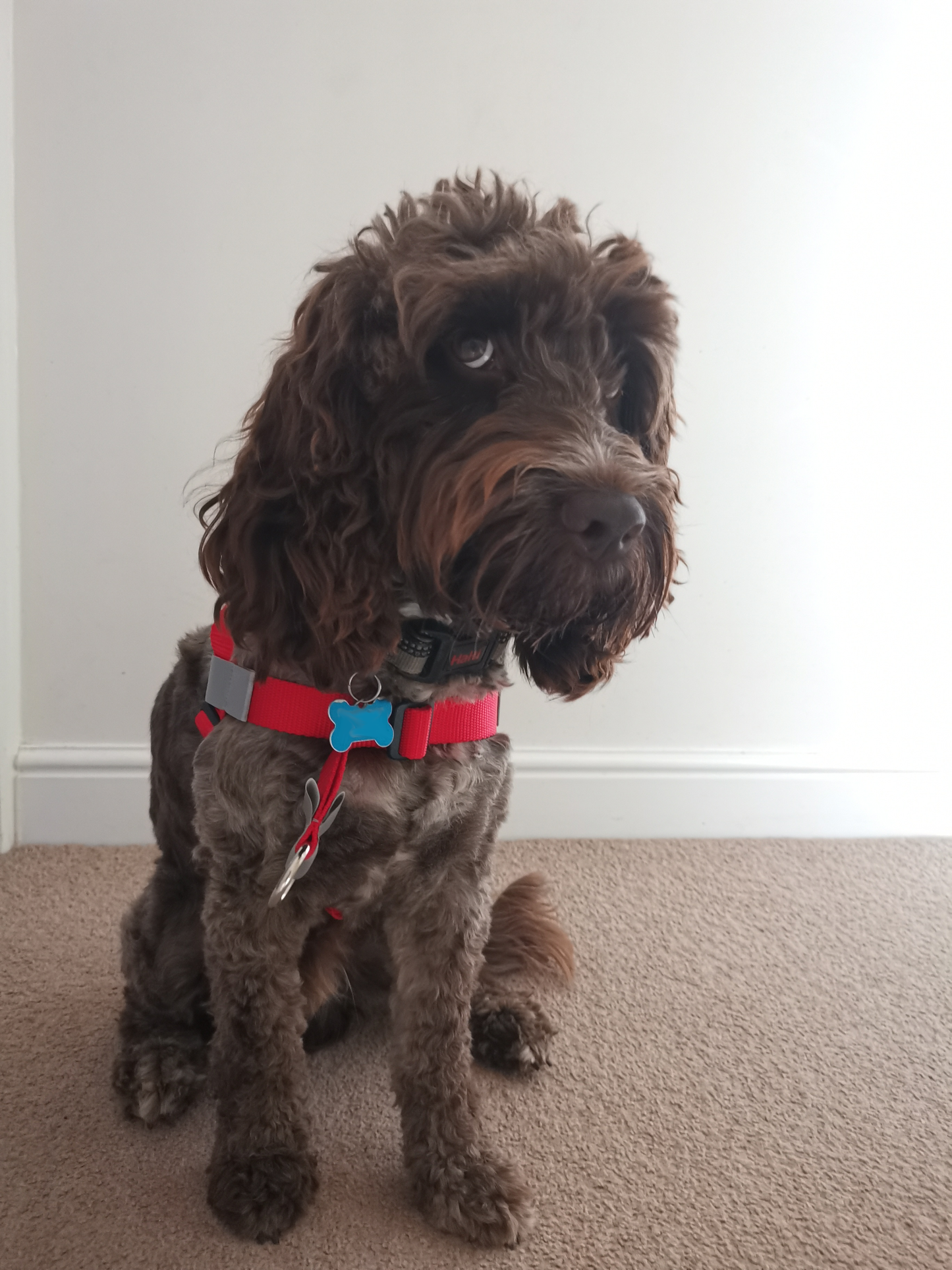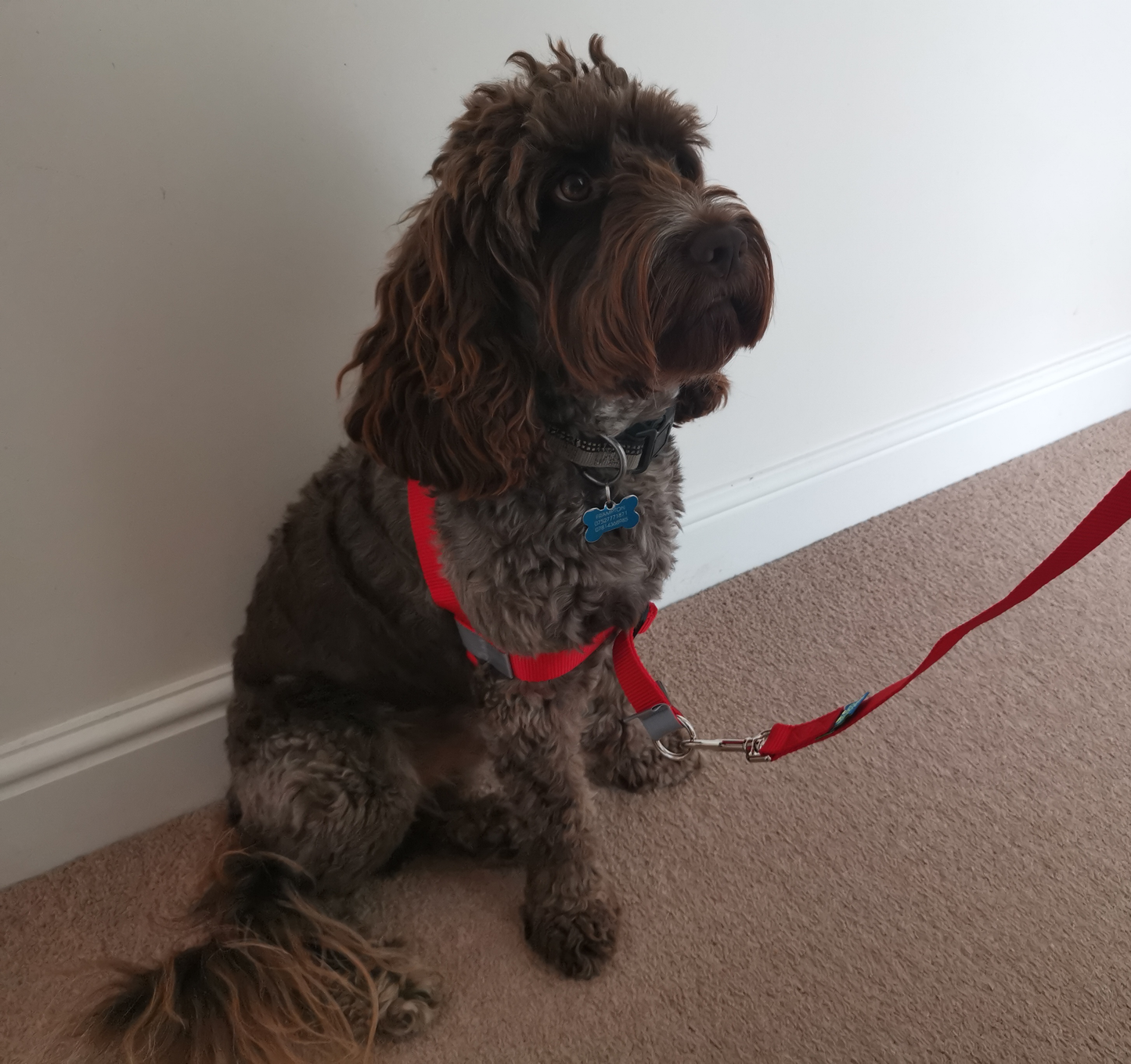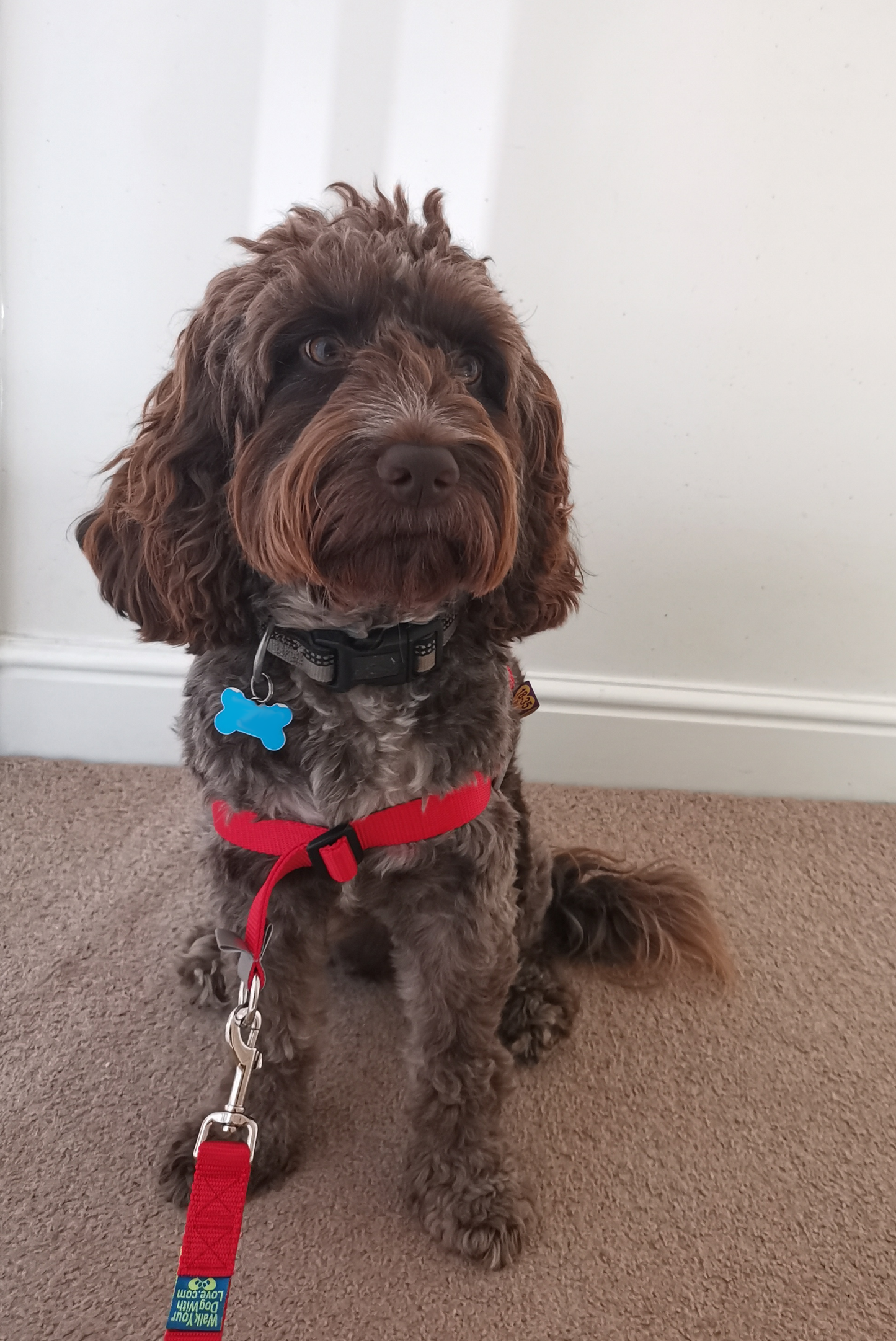- Allow yourself plenty of time: Puppies can be overwhelmed by new environments, so make sure everything is nice and calm at home on the day they arrive. You may want to limit them to one or two rooms at first so they can get used to everything gradually and in their own time.
- Make a routine: To help your puppy settle, get them into a routine as soon as possible. Try to keep meal, play, and bedtime routines consistent (as well as walk times once they're old enough).
- Calming products: For the first few weeks, plug-in diffusers that emit calming pheromones may be beneficial. They can help your puppy feel more relaxed around the home - especially during those first nights! You can also purchase calming collars or supplements to help your puppy when you're travelling, going to the vet, or when they first venture out into the world.
- Be consistent: Make sure your puppy's training and routine are consistent, and that everyone in your family follows the same rules. If you don't, your puppy may become confused and frustrated, making learning more difficult.
- Establish boundaries: Make your boundaries clear from the start and stick to them. If you don't want your puppy to go on the sofa, you and your family must adhere to this rule from the start. The same goes for areas of the house where your dog is not permitted; make this clear from the start so they don't develop bad habits.
- Begin socialisation: Your puppy's socialisation period is critical for teaching them what to expect in life. During this time, it's critical to begin exposing them to the sights, sounds, and smells they'll encounter later in life. You can start by socialising your puppy at home and taking them out with you. They'll need to be fully vaccinated before going for walks or meeting unvaccinated dogs - consult your vet to find out what's best for your pup.
- Give them space: Although it can be tempting to spend every minute with your new pup, they’ll need to have time to themselves too.Give them space to sleep and rest if they need it, and encourage them to play on their own at times to help prevent separation problems later in life.
- Consider training classes: It is a good idea to accompany your puppy to training classes so that they can have positive experiences with vaccinated dogs and people in a safe environment. They will also begin to learn basic commands, which will be extremely useful later in life! Choose classes led by certified or accredited trainers who employ reward-based methods. If you are unsure which class to enrol in, you can seek advice from your veterinarian.
- Once you've begun to assist your puppy in settling in, you'll need to take them to the vet for a check-up and to schedule any remaining vaccinations and other treatments. Remember to schedule future vaccinations and worming/flea treatments in your calendar, and keep their microchip information up to date throughout their lives.
- It is also a good idea to insure your new puppy as soon as possible. This will help ensure that they have all the coverage they require in the future if they become ill or injured.

Bringing your new puppy home
Bringing your new puppy home is an exciting time, but it can also be overwhelming for both you and your puppy - but there are many things you can do to help your puppy adjust to their new home and the world around them:

